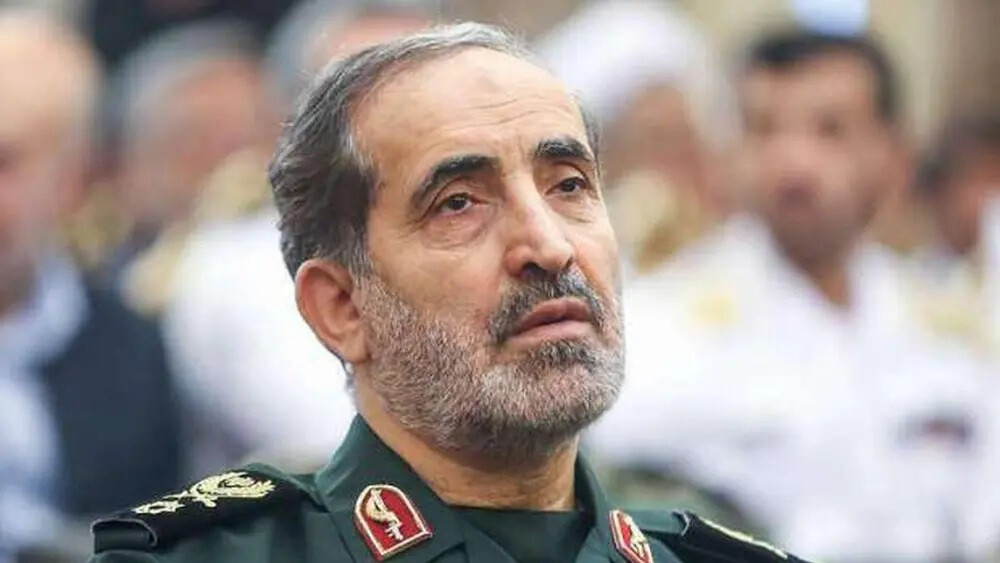
Iranian authorities have officially confirmed that Ali Shadmani, Chief of Staff for Operations under the Iranian Armed Forces Chief of Staff, died last week due to an Israeli airstrike. Shadmani also served concurrently as the commander of Khatam ol Anbiya Air Defense Base, a key Iranian air force base. This confirmation comes a week after Israel announced Shadmani's death on June 17, indicating the escalating tension between the two sides.
The office of Iran's Supreme Leader released a statement to the media, stating that Shadmani "died last week from severe injuries sustained in the bombing by the malicious and aggressive Zionist regime (Israel)." The Israeli Ministry of Defense previously announced in a military statement last week that "accurate intelligence from the intelligence agency and a sudden opportunity overnight allowed Air Force fighter jets to attack a command center in central Tehran, killing Ali Shadmani."
Shadmani took on the command of the Khatam ol Anbiya Base following the successive deaths of senior commanders in a series of Israeli airstrikes. His predecessor, General Gholam Ali Rashid, also died in an Israeli airstrike on the morning of June 13, leading to significant casualties among high-ranking Iranian military personnel. Shadmani had served as deputy commander of the Khatam ol Anbiya Base before being promoted to commander, and also held the position of Chief of Staff for Operations under the Iranian Armed Forces Chief of Staff.
Iranian media also reported that an additional 35 members of the Iranian Air Force were killed in these Israeli airstrikes targeting military facilities and nuclear programs. The Iranian government has tallied the total number of fatalities from Israeli airstrikes at 627, while Hrana, a U.S.-based human rights organization critical of the Iranian government, claims a higher figure of 1,054 deaths, including 318 military personnel.
These airstrikes occurred shortly after Israel announced that it had "achieved all its objectives" in its attacks on Iran, and exchanges of fire between the two countries show signs of further escalation. Israel considers Iran's nuclear program and missile development capabilities a serious threat, while Iran has declared that it will respond strongly to Israeli attacks that violate its sovereignty.
In particular, the Khatam ol Anbiya Base is known as a core base for Iran's air defense network, and the successive deaths of its senior commanders are analyzed to be a significant blow to Iran's military capabilities. The international community is observing the situation with concern, fearing that armed conflict between the two countries could exacerbate instability throughout the Middle East.
[Copyright (c) Global Economic Times. All Rights Reserved.]




























